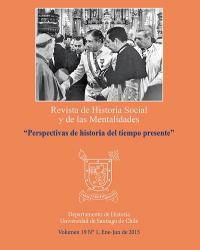SELLING DEMOCRACY ABROAD: SPANISH COMMITMENT IN 1988 CHILEAN PLEBISCITE
DOI:
https://doi.org/10.35588/5zctf386Keywords:
Chile, Spain, Transition, PlebisciteAbstract
In 1988, Chile was preparing for a crucial moment for his political future. According to the schedule set by the 1980 Constitution, there should be a plebiscite to decide how to design the transition to a democratic system. The options were a path led by Augusto Pinochet by voting 'yes', or the opportunity to hold free elections through the option of "no". The opposition to the dictatorship went through the observation of other political experiences with similarities to the Chilean case. The Spanish political transition model appeared as a suitable example for Chile. Meanwhile, from Spain, the socialist government led by Felipe González and with the support of other Spanish political parties, got involved in the Chilean plebiscite, as international observers, due to protect and follow the political process. The Spanish society, as well, did not feel apart from the Chilean historical moment. By combining different documentary sources, this article shows the nature of this relationship which brought together the two political contexts and explains the Spanish interest in the Chilean plebiscite.
Downloads
Downloads
Submitted
2015-06-30Published
Versions
- 2024-12-11 (2)
- (1)
Issue
Section
License
Copyright (c) 2024 Revista de Historia Social y de las Mentalidades

This work is licensed under a Creative Commons Attribution 4.0 International License.













